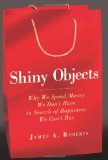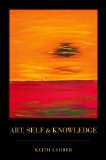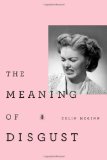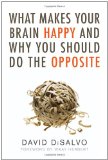new book – ‘Shiny Objects: Why We Spend Money We Don’t Have in Search of Happiness We Can’t Buy’
November 12, 2011
Shiny Objects: Why We Spend Money We Don’t Have in Search of Happiness We Can’t Buy by James A. Roberts (HarperOne, 2011)
Product description from the publisher:
Americans toss out 140 million cell phones every year. We discard 2 million plastic bottles every five minutes. And our total credit-card debt as of July 2011 is $793 billion.
Plus, credit cards can make you fat.
The American Dream was founded on the belief that anyone dedicated to thrift and hard work could create opportunities and achieve a better life. Now that dream has been reduced to a hyperquantified desire for fancier clothes, sleeker cars, and larger homes. We’ve lost our way, but James Roberts argues that it’s not too late to find it again. In Shiny Objects, he offers us an opportunity to examine our day-to-day habits, and once again strive for lives of quality over quantity.
Mining his years of research into the psychology of consumer behavior, Roberts gets to the heart of the often-surprising ways we make our purchasing decisions. What he and other researchers in his field have found is that no matter what our income level, Americans believe that we need more to live a good life. But as our standard of living has climbed over the past forty years, our self-reported “happiness levels” have flatlined.
Roberts isn’t merely concerned with the GDP or big-ticket purchases—damaging spending habits play out countless times a day, in ways big and small: he demonstrates that even the amount we spend at our favorite fast-food joint increases anywhere from 60 to 100 percent when we use a credit card instead of cash. Every time we watch TV or turn on a radio we’re exposed to marketing messages (experts estimate up to 3,000 of them daily). Consumption is king, and its toll is not just a financial one: relationships are suffering, too, as materialism encroaches on the time and value we give the people around us.
By shedding much-needed light on the science of spending, Roberts empowers readers to make smart changes, improve self-control, and curtail spending. The American Dream is still ours for the taking, and Shiny Objects is ultimately a hopeful statement about the power we each hold to redefine the pursuit of happiness.
  Browse Inside this book Browse Inside this book
|
See also: a related new title – Consumption Matters: A Psychological Perspective by Cathrine Jansson-Boyd (Palgrave Macmillan, Nov 8, 2011), (amazon.co.uk)







